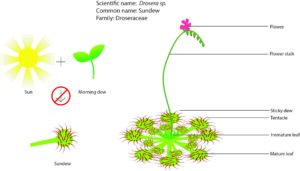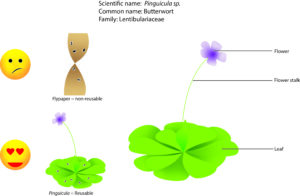Tobacco Company working on potential COVID-19 vaccine
01 April 2020 Potential vaccine in development for COVID-19 using new, fast-growing tobacco plant technology – pre-clinical testing under way Tobacco plants offer the potential for faster and safer vaccine development compared to conventional methods Potential to manufacture 1-3 million doses of vaccine per week BAT’s US bio-tech subsidiary, Kentucky BioProcessing (KBP), is developing a potential vaccine for COVID-19 and is now in pre-clinical testing. If testing goes well, BAT is hopeful that, with the […]
Read MoreUSDA SECURE Rule Paves Way for Agricultural Innovation
(Washington, D.C., May 14, 2020) U.S. Secretary of Agriculture Sonny Perdue today announced a final rule updating and modernizing the U.S. Department of Agriculture’s (USDA) biotechnology regulations under the Plant Protection Act. The Sustainable, Ecological, Consistent, Uniform, Responsible, Efficient (SECURE) rule will bring USDA’s plant biotechnology regulations into the 21st century by removing duplicative and antiquated processes in order to facilitate the development and availability of these technologies through a transparent, consistent, science-based, and risk-proportionate regulatory […]
Read More
Drosera, not the morning dew but sundew
Sundews (Drosera sp.) are probably the most diverse genus of carnivorous plants in the world which consisting of around two hundred species. Commonly known as sundew because the word, Drosera in Greek means dewy. The “dew” found on the hair of sundew exhibit mini-rainbows whenever they are struck by sunlight. They can be found in Canada, Alaska, Siberia, Europe, Nother America, Brazil, Queensland, southernmost regions of New Zealand, and South America. It occurs on almost […]
Read More
Pinguicula – the flypaper
Pinguicula sp. under the family of Lentibulariaceae, commonly known as butterwort, and means the little greasy one in Latin. It consists of about 50 species. It is greasy due to the slimy, sticky, and greasy touch of the leaves. “Ping” is not sticking to the common impression of carnivorous plants. They do not have the capability of killing large insects or small mammals with specialized and colorful leaves that differentiated into sophisticated traps. Pinguicula is […]
Read More